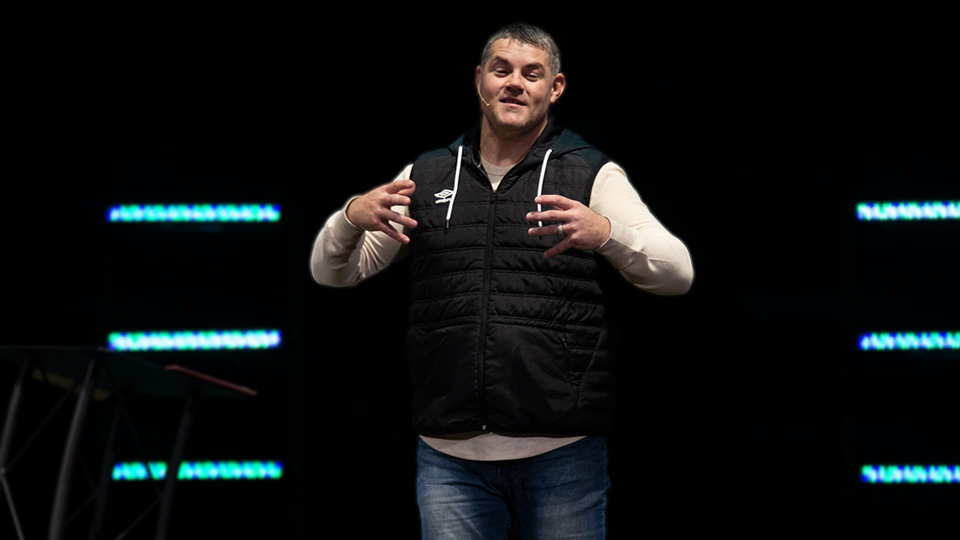Introductory thought: The love of God broadens our understanding of eternity.
Question 1: Pastor Josh listed things that either are kept by us or have the function of keeping. For example, he likes to keep his yard looking nice; this requires mowing, weeding, etc. And his freezer keeps meat protected from spoiling. Name one thing you keep and share what maintenance is required in keeping it.
Question 2: Pastor Josh emphatically urged us that how we conduct ourselves when we face opposition matters. He then shared how our conduct reveals:
- how real eternity is to us,
- the extent Jesus has captured our hearts,
- how we live in wholeness,
- the depth of our prayers,
- the love of God that is in us, or the lack thereof, and
- our view of the rest of the world.
Considering these six observations, what do your responses to opposition reveal about you?
Question 3: Pastor Josh defined mercy as kindness or goodwill to the miserable and afflicted, joined with the desire to help them. James 2:15-17 (NIV) says, “Suppose a brother or sister is without clothes and daily food. If one of you says to him, ‘Go, I wish you well; keep warm and well fed,’ but does nothing about his physical needs, what good is it? In the same way, faith by itself, if it is not accompanied by action, is dead.”
Ques 3A: What opportunity to help someone in need have you missed? Pray and ask God to present a way for you to do something about this.
Ques 3B: Consider the “miserable and afflicted” in your community. What opportunities lie before you to extend kindness or goodness to them?
Wrap-Up Thought: Let us find ourselves more and more in the love of God and keep walking out our lives in it!





